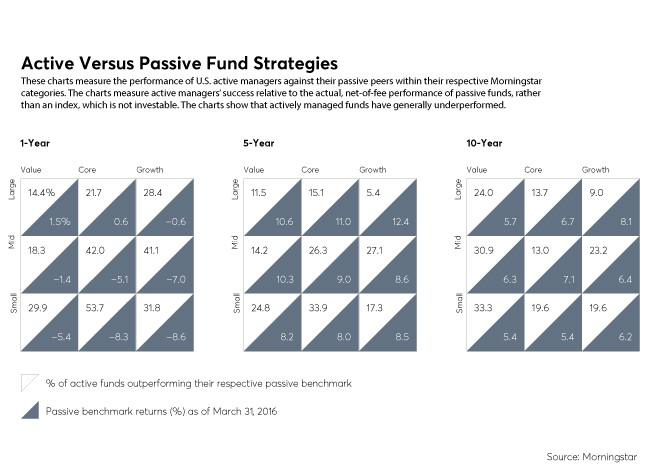A. Sure. The most important difference between an universal life and a whole life's design is that pricing of an universal life policy is transparent - as a policy owner, you could see how much you are paying for cost of insurance, how much is your investment gain credit, how much is your admin cost, etc., while all these costs for the whole life product are bundled together you can't see the breakdowns.
Unfortunately such policy design has its advantages and disadvantages.
For advantages, it gives the universal life policyholders greater flexibility in terms of premium payments.
The disadvantage is, the universal life insurer has to guarantee each component, when the perfect storm hits, see our discussion in this blogpost, the insurer has little room to hide or manipulate the various components, which forced many universal life carriers to deliver the bad news of higher premiums to their existing policyholders. In contrast, the whole life carriers can manage the various pricing components behind the scene and be more flexible in today's low rate environment.


 RSS Feed
RSS Feed
